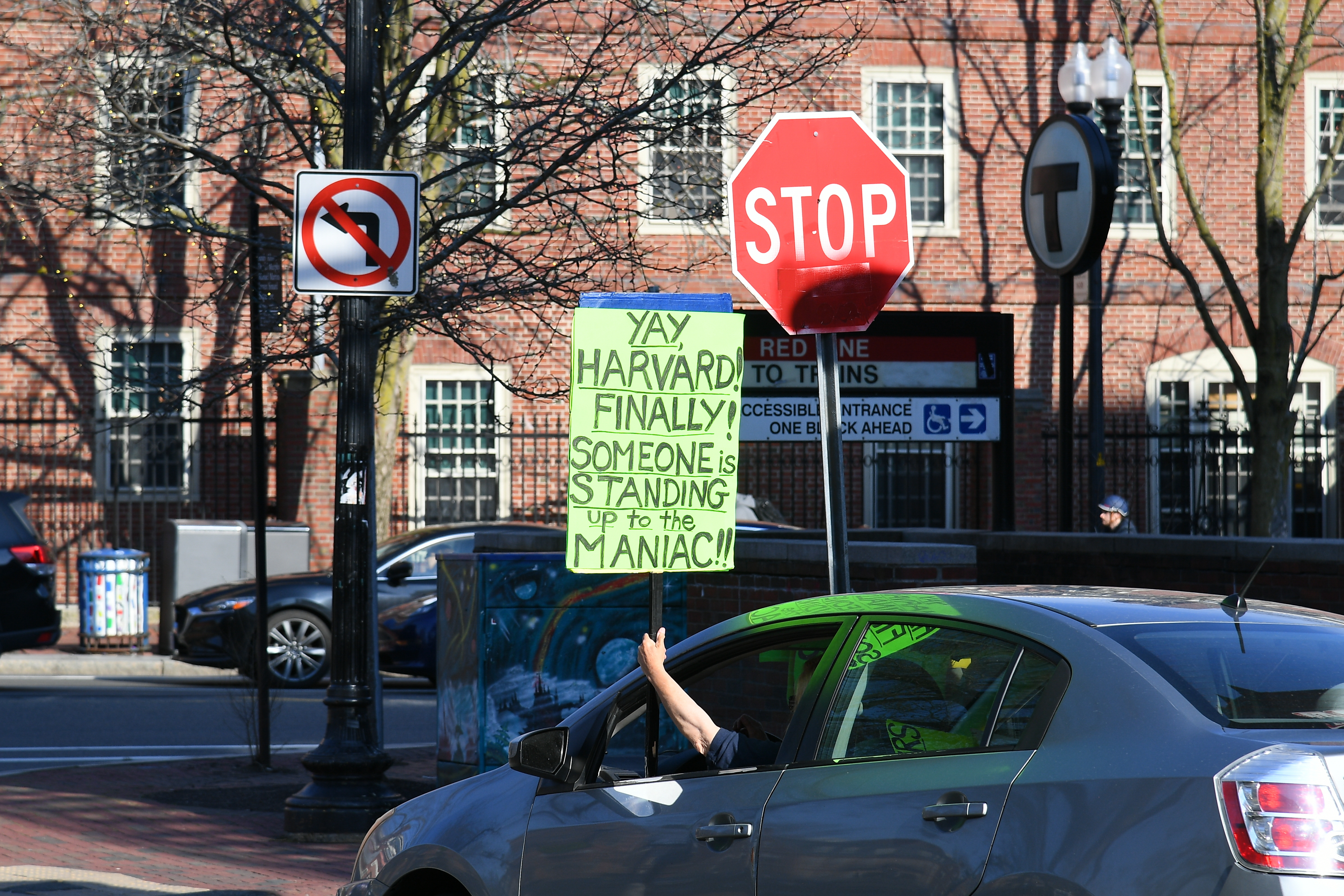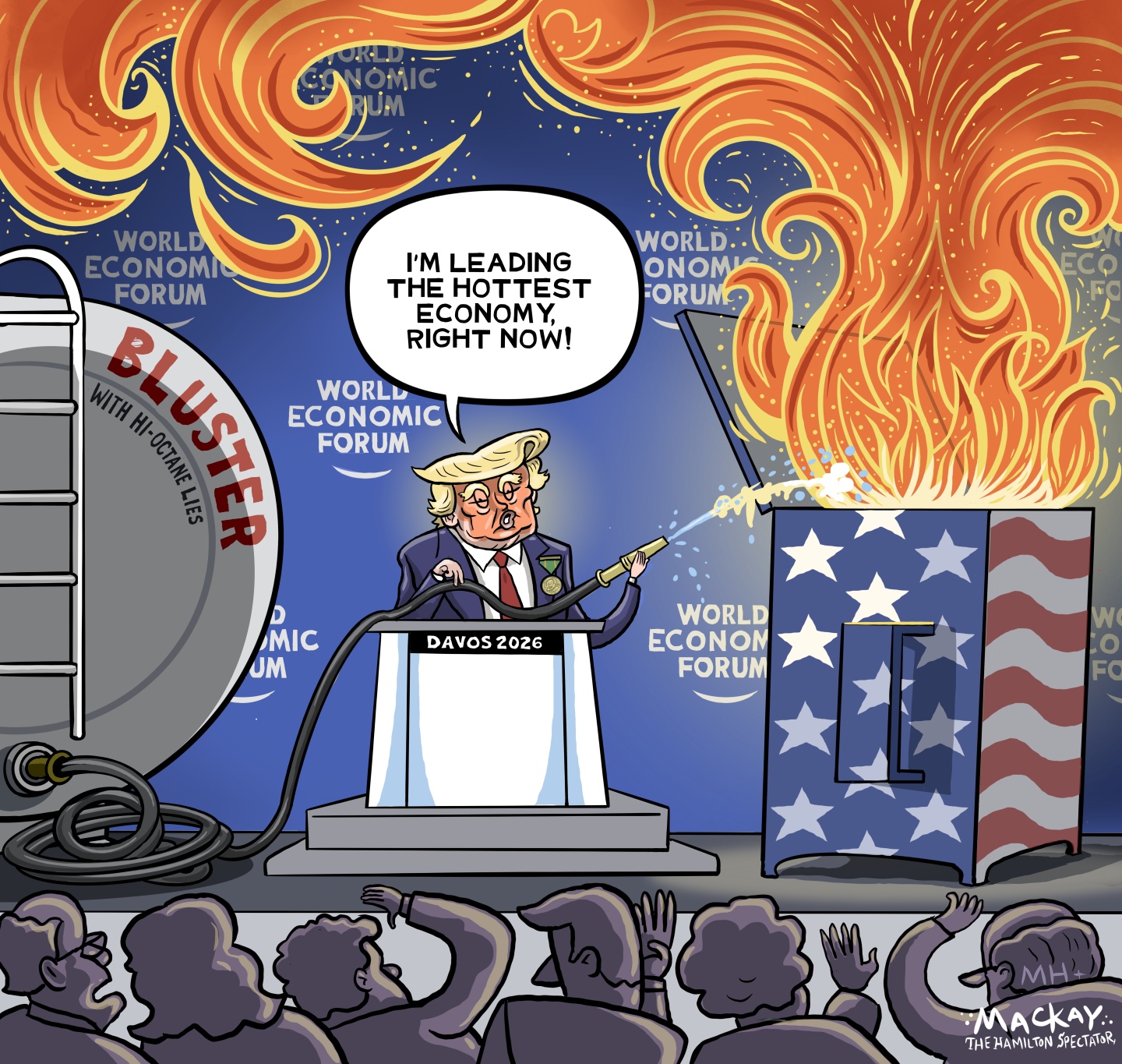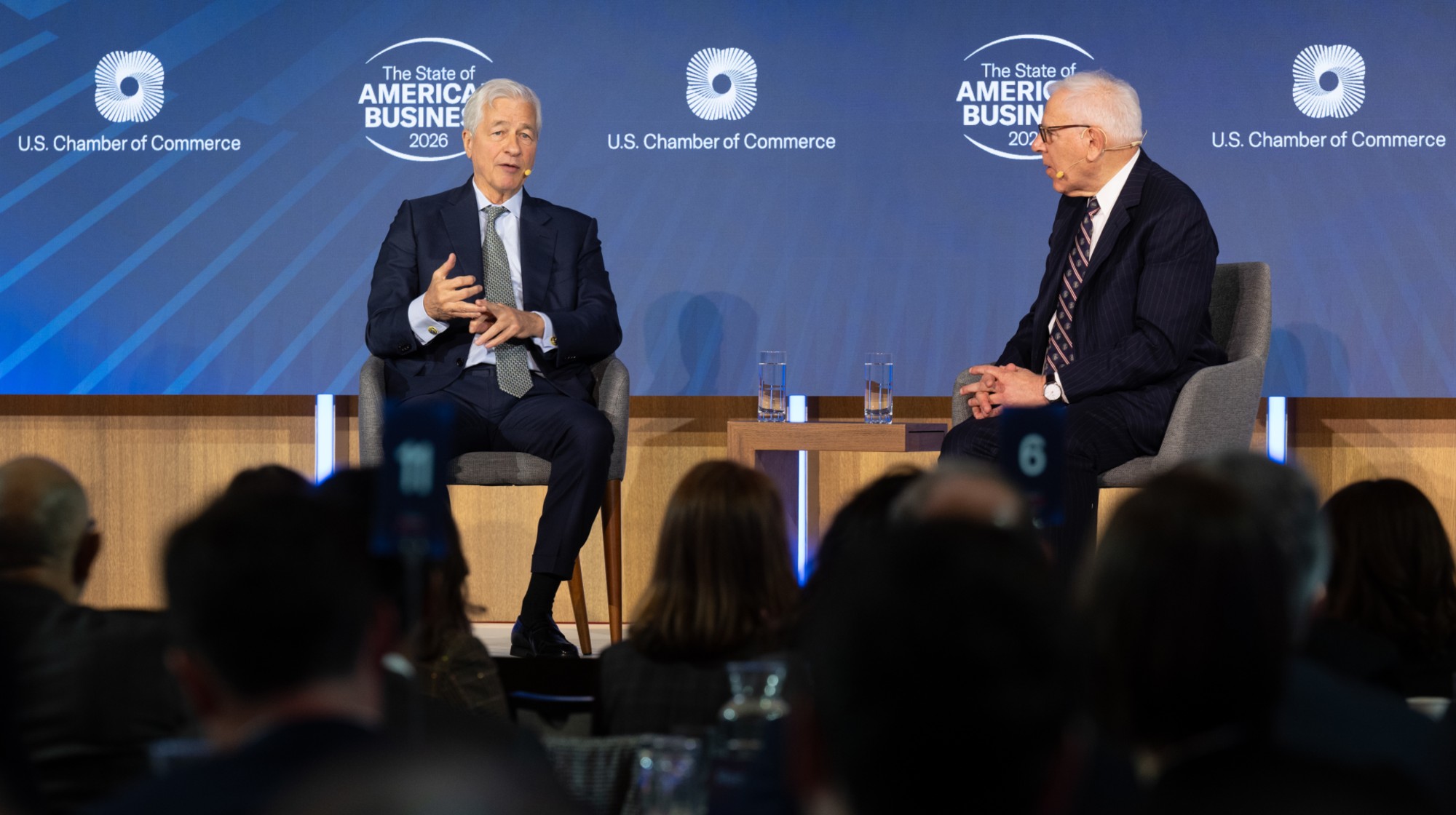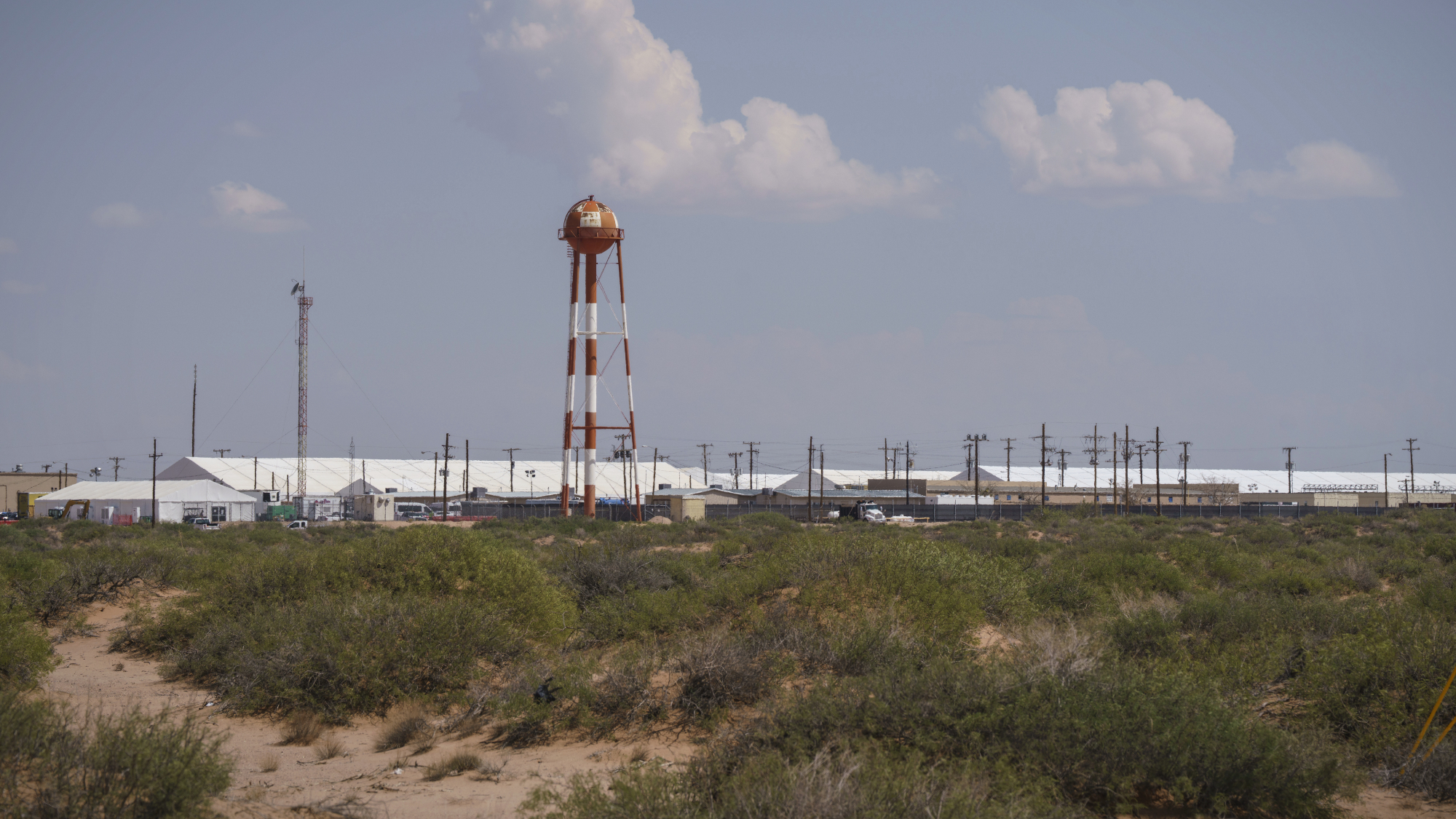Harvard stares down Trump's tax threat as other schools take note
Higher ed is on high alert as the nation's premier university prepares to take on the fight of its life


Even within the elite Ivy League, Harvard University stands out as the country's premier institution of higher education. As such, the Trump administration has targeted Harvard in its assault on collegiate infrastructure. But the university has positioned itself to fight back, both in the courts, where it is suing the administration over frozen federal funds, and in the court of public opinion. President Donald Trump's effort to revoke the school's tax-exempt status has "no legal basis," a university spokesperson said, and could have "grave consequences for the future of higher education."
A loss of 'excellence and access'
Trump's online invectives and Harvard's equally staunch response belie the fact that it is "not immediately clear" whether the IRS is moving forward with revoking the school's tax-exempt status, said The New York Times. Not only does such revocation "typically occur only after a lengthy process," but presidents are legally barred from "directing the IRS to conduct tax investigations" to begin with. The government agency will "not allow itself to be weaponized," said former IRS Commissioner Charles Rettig, who served under Trump and President Joe Biden, in a statement to Bloomberg. Absent some "appropriate examination" of Harvard's finances and tax status, the IRS "does not and should not conduct a 'fishing expedition' designed to hopefully uncover a relevant issue."
Should Trump succeed in revoking Harvard's tax-exempt status, however, the trickle-down effect could be significant for the school's finances and its broader ability to function. Harvard would "lose excellence and access," said Wellesley College economist Phillip Levine to CBS News. It would no longer have the "ability to enroll the very brightest lower and middle-income students," since the school's ability to offer financial aid would be affected. Harvard's $50 billion endowment affords the school "less protection" than "such a stacked bank account might suggest," thanks to "legal restrictions, donor intent and other red tape," Axios said.
The Week
Escape your echo chamber. Get the facts behind the news, plus analysis from multiple perspectives.

Sign up for The Week's Free Newsletters
From our morning news briefing to a weekly Good News Newsletter, get the best of The Week delivered directly to your inbox.
From our morning news briefing to a weekly Good News Newsletter, get the best of The Week delivered directly to your inbox.
'NATO for higher education'
By resisting the White House's "authoritarian overreach," the university "bolsters the entire system of U.S. higher education," said Harvard graduate, donor, and historian Bruce Kimball at Inside Higher Ed. "If Harvard caves, then no university will dare to defy governmental overreach." But "if Harvard resists, then others will be inspired to do so and shamed if they do not."
To that end, Trump's attacks are not simply targeting the school, but are part of a broader "war on academia" against dozens of institutions for which the Ivy League elicits a "complex brew of resentment and reverence," said the Times. The eight schools that comprise the elite core of American academia are, to Trump, a "club that has never really accepted him."
Given that Trump is targeting not just Harvard, but huge swaths of academia, the "only strategy with a prayer of succeeding" is for schools of all stripes to "come together, making it crystal-clear that they won't give in to assaults on academic freedom," said University of California, Berkeley, Professor David Kirp at The Guardian. That some 200 schools signed a American Association of Colleges and Universities statement decrying the White House's actions is a "great start," but a "NATO for higher education" compact between colleges — one in which schools share financial, legal and professional resources — "might just convince the bully in the White House to back off."
A free daily email with the biggest news stories of the day – and the best features from TheWeek.com
Rafi Schwartz has worked as a politics writer at The Week since 2022, where he covers elections, Congress and the White House. He was previously a contributing writer with Mic focusing largely on politics, a senior writer with Splinter News, a staff writer for Fusion's news lab, and the managing editor of Heeb Magazine, a Jewish life and culture publication. Rafi's work has appeared in Rolling Stone, GOOD and The Forward, among others.
-
 Political cartoons for January 25
Political cartoons for January 25Cartoons Sunday's political cartoons include a hot economy, A.I. wisdom, and more
-
 Le Pen back in the dock: the trial that’s shaking France
Le Pen back in the dock: the trial that’s shaking FranceIn the Spotlight Appealing her four-year conviction for embezzlement, the Rassemblement National leader faces an uncertain political future, whatever the result
-
 The doctors’ strikes
The doctors’ strikesThe Explainer Resident doctors working for NHS England are currently voting on whether to go out on strike again this year
-
 Trump’s ‘Board of Peace’ comes into confounding focus
Trump’s ‘Board of Peace’ comes into confounding focusIn the Spotlight What began as a plan to redevelop the Gaza Strip is quickly emerging as a new lever of global power for a president intent on upending the standing world order
-
 Trump sues JPMorgan for $5B over ‘debanking’
Trump sues JPMorgan for $5B over ‘debanking’Speed Read Trump accused the company of closing his accounts for political reasons
-
 Minnesota roiled by arrests of child, church protesters
Minnesota roiled by arrests of child, church protestersSpeed Read A 5-year-old was among those arrested
-
 Migrant death in ICE custody ruled homicide
Migrant death in ICE custody ruled homicideSpeed Read Geraldo Lunas Campos, 55, died of asphyxia, the coroner said
-
 ICE memo OKs forcible entry without warrant
ICE memo OKs forcible entry without warrantSpeed Read The secret memo was signed last May
-
 Halligan quits US attorney role amid court pressure
Halligan quits US attorney role amid court pressureSpeed Read Halligan’s position had already been considered vacant by at least one judge
-
 Can anyone stop Donald Trump?
Can anyone stop Donald Trump?Today's Big Question US president ‘no longer cares what anybody thinks’ so how to counter his global strongman stance?
-
 How Iran protest death tolls have been politicised
How Iran protest death tolls have been politicisedIn the Spotlight Regime blames killing of ‘several thousand’ people on foreign actors and uses videos of bodies as ‘psychological warfare’ to scare protesters
